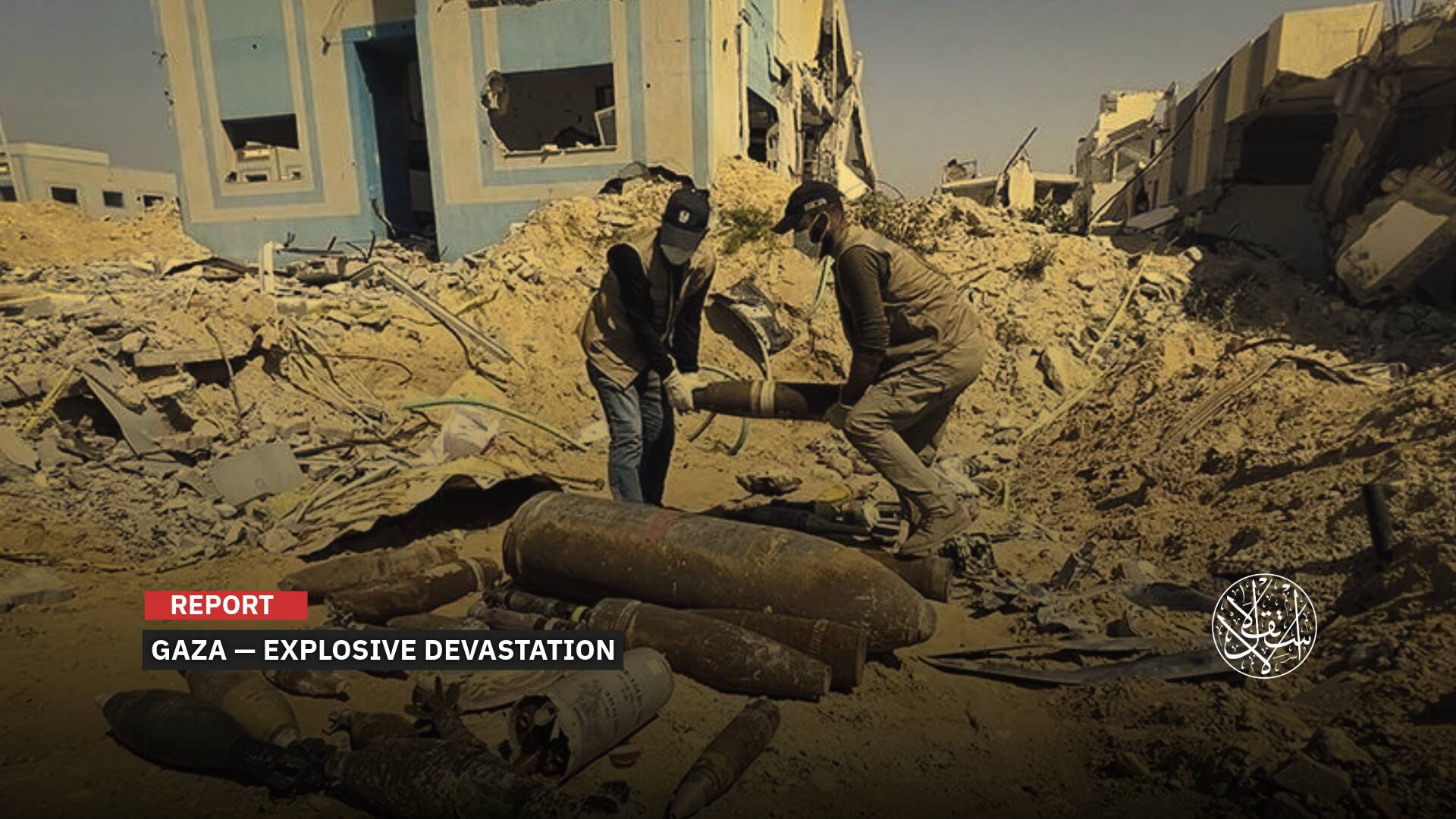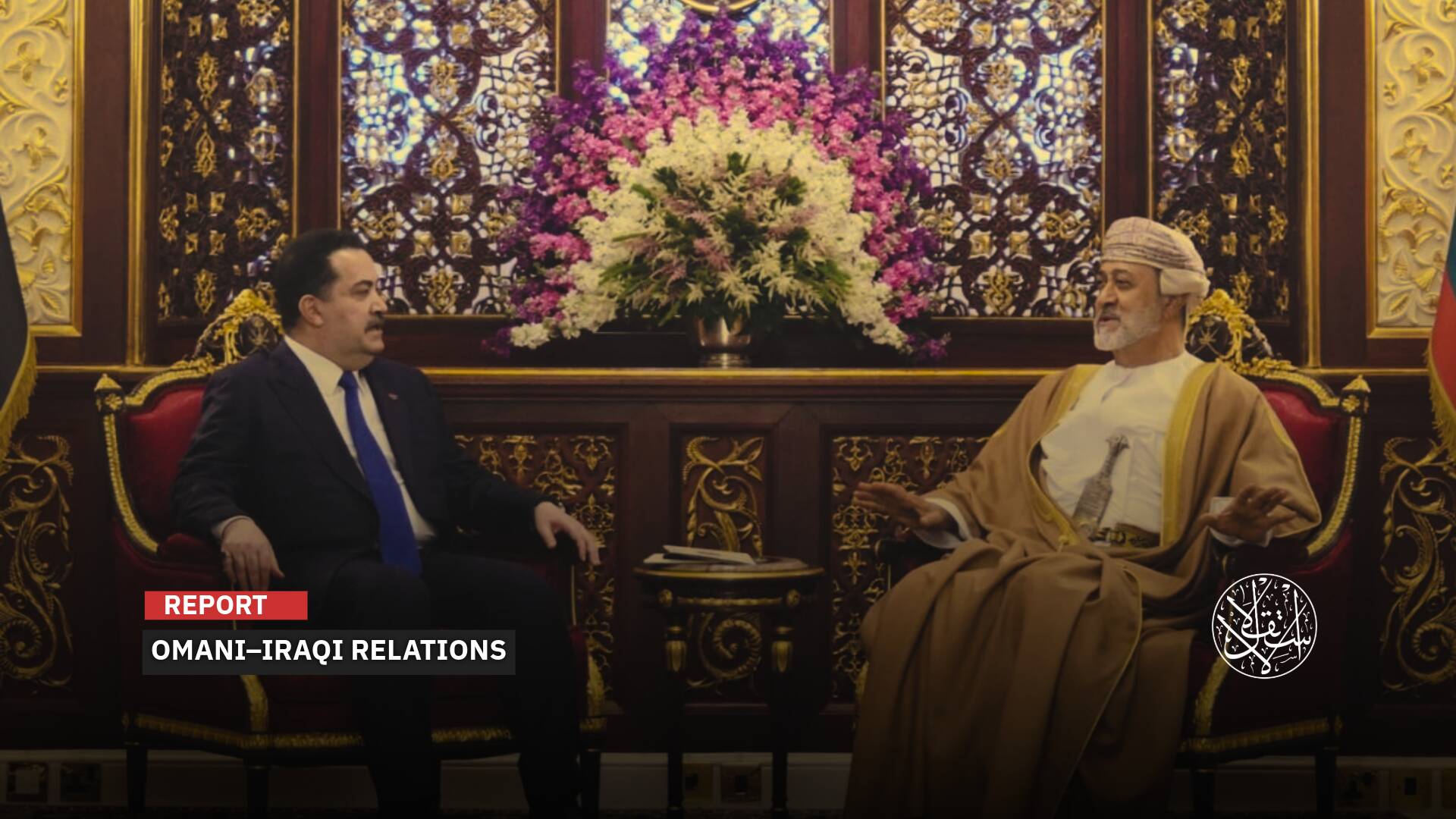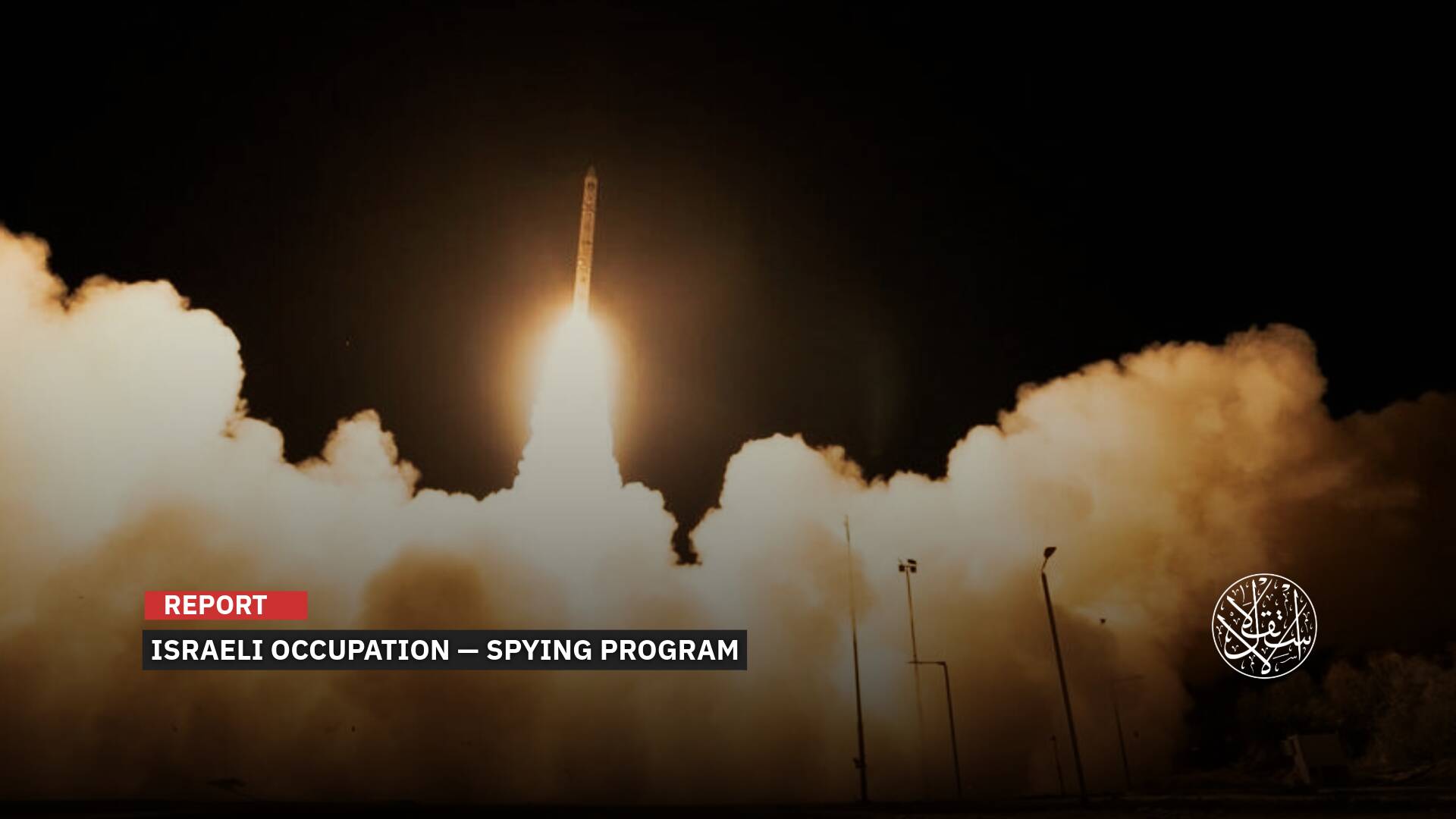Japan the World's Third Military Spending: Why Will 2027 Be Determinant in Japan's Armament Plans?

The Russian invasion of Ukraine, and the subsequent Western military aid to the latter, in addition to the tensions in Taiwan and the Korean Peninsula, caused an unprecedented increase in the volume of military spending for a number of US allies, such as Japan, the UK, and Germany.
Japan has always been known for establishing its international influence on economic and industrial competitiveness, away from armaments and military force, but new developments and changes prompted Tokyo to abandon its peaceful policies that it had pursued for decades, which set military spending a ceiling not exceeding 1% of GDP.
Recently Japan set to raise the value of military spending to 2% of GDP by 2027, as $64.8 billion has been allocated for the defense budget for 2027, which is an increase nearly twice the current amount ($39 billion) as the largest plan to enhance Japan’s military capabilities since World War II.
In the budget for the next fiscal year, which runs from April 1, 2023, to March 31, 2024, the Japanese government has allocated $51 billion to the Ministry of Defense out of the total size of the state budget, which amounted to $863 billion. This is affected by the increase in military spending, as the Japanese defense budget has become the third largest budget in the world after the United States and China.
2027’s Mystery
Professor at Takushoku University in Tokyo, Takashi Kawakami, indicated that 2027 will be a determinant year in defining Japanese armament plans, as it is considered the time when the balance of power in East Asia may tilt in favor of China, in addition to being the next date when delegates of the Communist Party meet in Beijing—the year 2027 is the next major milestone on the road map of China’s military modernization and the centenary of the founding of the People’s Liberation Army.
Reuters referred to a congressional hearing last year, when the commander of the Indo-Pacific region, US Admiral Philip Davidson, said that China’s threat to Taiwan might “emerge” in 2027.
Reuters also quoted the sayings of a high-ranking Japanese government official involved in plans to strengthen defense, pointing out that there are different shades of opinion, but in general, government officials share the same point of view on the importance of 2027.
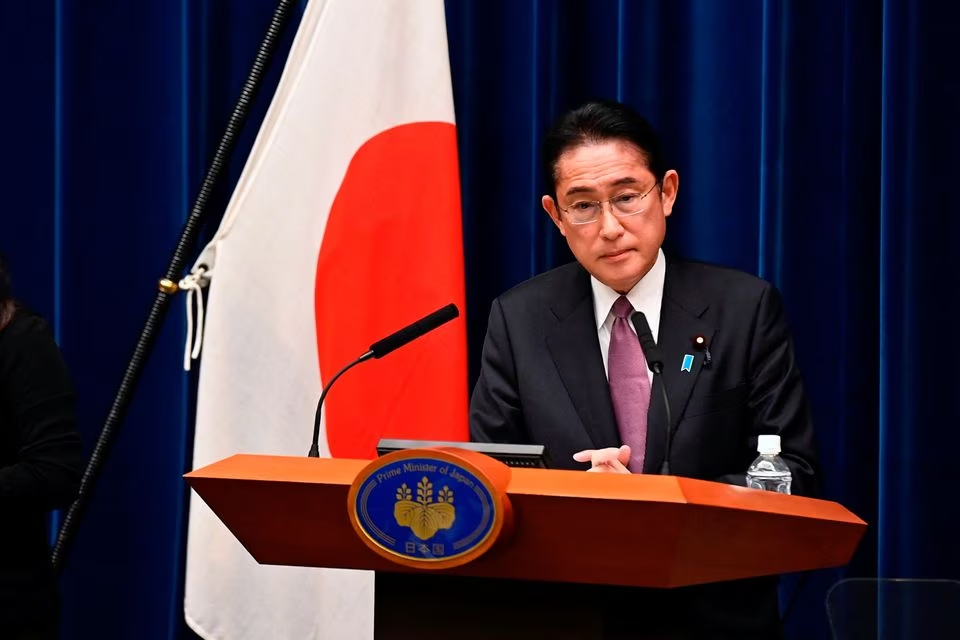
New Defense Policy
Former Japanese Prime Minister Shinzo Abe (2012-2020), who was assassinated last July, is considered the godfather of Tokyo’s new defense policy. His first efforts were thwarted by the strong public support for Article IX at the time.
Instead, with the 2015 national security legislation, Abe oversaw a formal “reinterpretation” of the Constitution that would allow for greater Japanese security cooperation with the United States and its other allies and worked to strengthen the US–Japanese alliance, and his leadership was warmly received in Washington, which has long been urging Japan to take a greater role in its own defense.
Russia’s invasion of Ukraine has heightened fears that China will launch a military strike against Taiwan, which is effectively an extension of the Japanese archipelago.
Shinzo Abe also coordinated a number of other important changes in Japanese policies, as he increased military spending and created a “national security state” that Japan lacked before him. The Abe government also passed a law to toughen the penalty for disclosing state secrets and in parallel established a National Security Council with a general secretariat, which is the council that transferred major foreign and military policy-making initiatives to the Prime Minister’s Office.
In August 2022, 5 out of 9 missiles launched by China during military exercises fell in the waters around Taiwan in Japan’s exclusive economic zone, and it is understood that Japan views Taiwan’s security as a vital part of its security. Therefore, recent opinion polls showed that the majority of Japanese support the strengthening of military power.
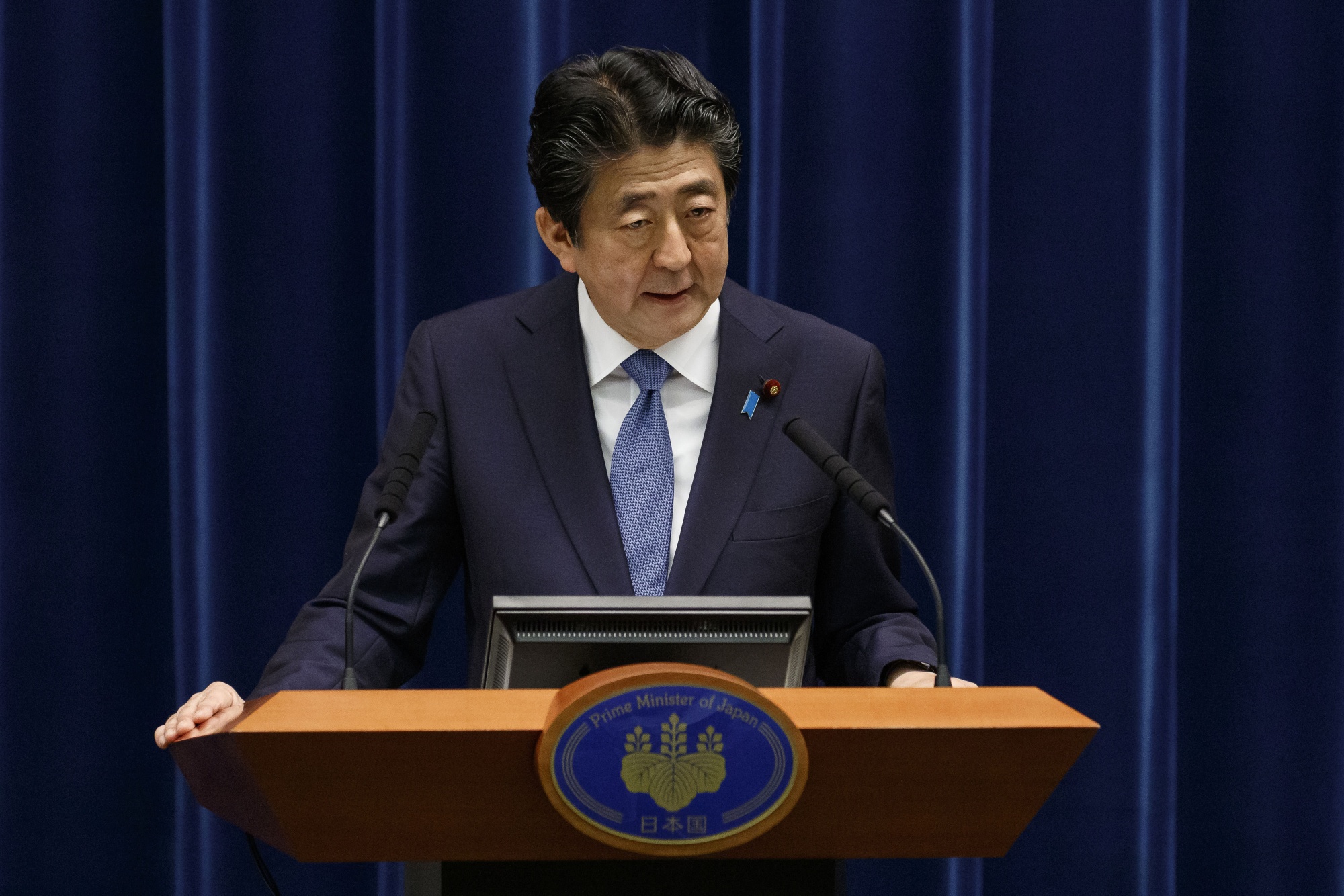
Challenging the Peace Doctrine
The Diplomat magazine reported that in light of the elections for the Japanese House of Councilors that were organized last July and the victory of the ruling coalition, it is likely that the current Prime Minister, Kishida Fumio, will ensure that Shinzo Abe’s last wish is fulfilled by increasing Japan’s defense budget is from 1% to 2% of GDP over 5 years.
The American magazine specializing in Asian affairs stated that the absence of opposition on the Japanese political scene to such a radical change clearly indicates the weakness of the position of advocating peace and pacifism in Japan today.
For his part, Ahmed Idris Zumrawe, a researcher specializing in international relations, believes that the change in the Japanese doctrine was inevitable due to 3 reasons.
The first is the competition with China, especially since Beijing has doubled its military spending over the past 10 years, referring to China’s bullying and military harassment of Japan in the islands located in the East China Sea.
In his interview with Noon Post, Zumrawe indicated that when former US President Barack Obama visited China in 2011, he asked Chinese officials not to provoke Japan, in terms of the fact that it could manufacture a nuclear bomb in a short period of time because it had all the necessary ingredients.
The second reason is the tensions with North Korea. Pyongyang causes great trouble for its southern neighbor and Japan because it considers Japan and South Korea subordinate to Washington.
As for the third reason, it is the Russian invasion of Ukraine, pointing to Moscow’s ambitions in Europe and in Asia as well, such as its ambitions in the Kuril Islands, which are 4 islands located between the Russian Kamchatka Peninsula and the Japanese island of Hokkaido, disputed between the two countries after Russia seized them since the second world war.
However, Japan affirmed its commitment to the Japanese Constitution, which refuses to launch any “preemptive strike” on an “enemy country,” and for this reason, the new strategy set 3 harsh conditions for the counter-strike: If there is an inevitable threat to Japan or a friendly country that in turn leads to an unavoidable threat to Japanese national security; the absence of another way to avoid hostile strikes; and that the Japanese military reaction to the minimum possible.




